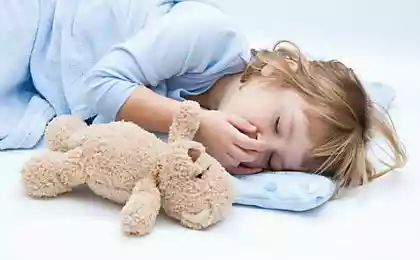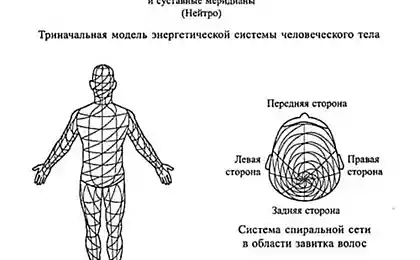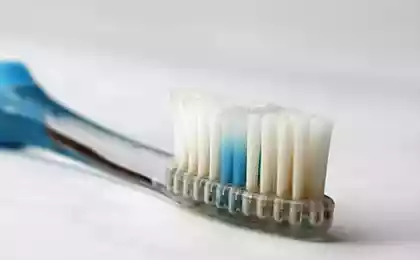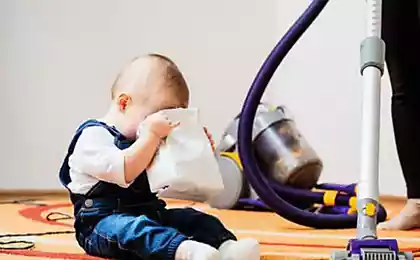655
Wash your hands: to learn the 10 facts of hygiene of the past, especially start to cherish the present
Although hygiene and originated back in ancient Greek times, now its development began only in the mid-19th century. And what it was before? And this is ... 1. Wash hands at least once a day only began in the 18th century, wealthy residents of the Netherlands.
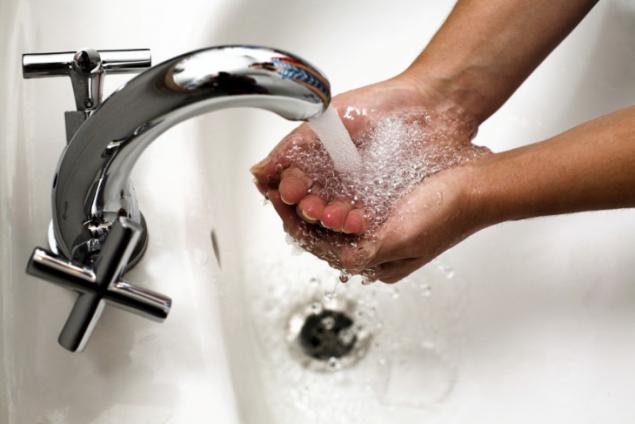
2. The family members take a bath without changing the water, one after another, until all pomoyut.
3. clothes to wash 2-3 times a year with the help of urine and alkalis.
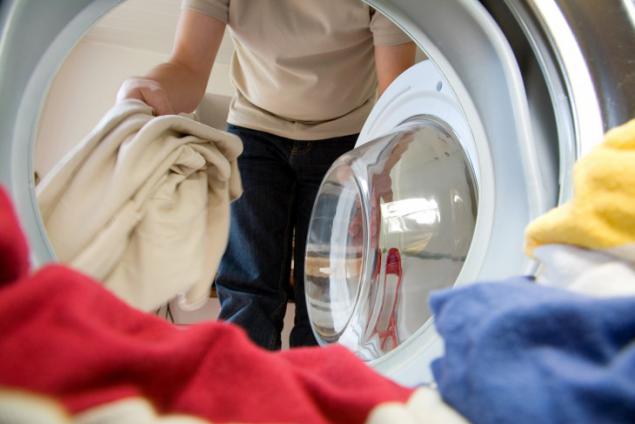
4. In the Middle Ages the urine often used as a cosmetic product, for example, for washing.
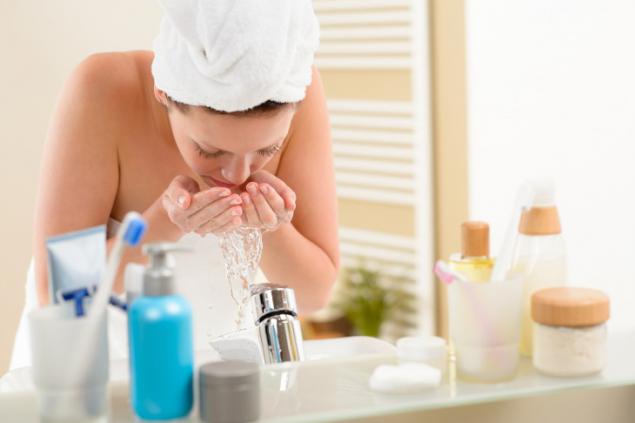
5. instead of toilet paper used leaves, rags or anything.
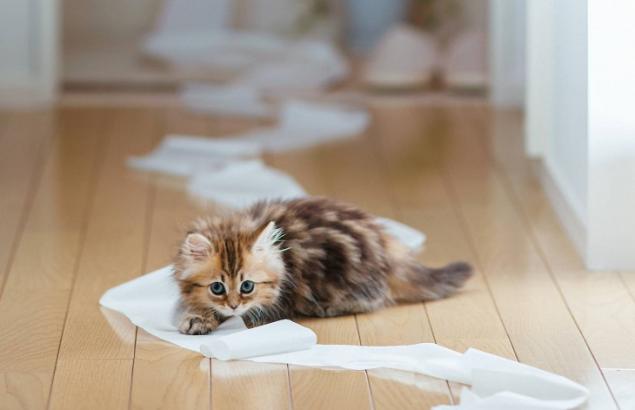
6. All that falls on the floor, do not clean up, and being abandoned armfuls of fresh hay. When the hay was beginning to decay, it ... just threw fresh armfuls.

7. The bugs were constant companions most restless nights. To get rid of the bugs, it was necessary to replace all the furniture in the house, and this, most people do not have the money.
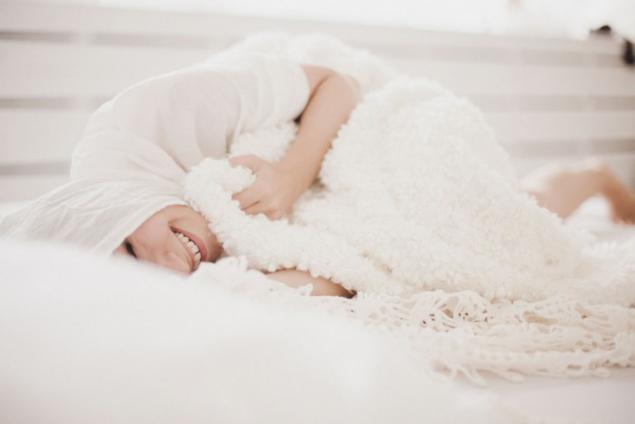
8. In medieval Europe, it was decided to mask the odors of flowers and perfume, instead of bring purity. The same applies to personal hygiene.

9. To lay lush and complex hairstyles ladies used goose fat - the perfect breeding ground for parasites.

10. In a period in vogue artificial eyebrows, which were made of mouse pelts and stuck to the face.
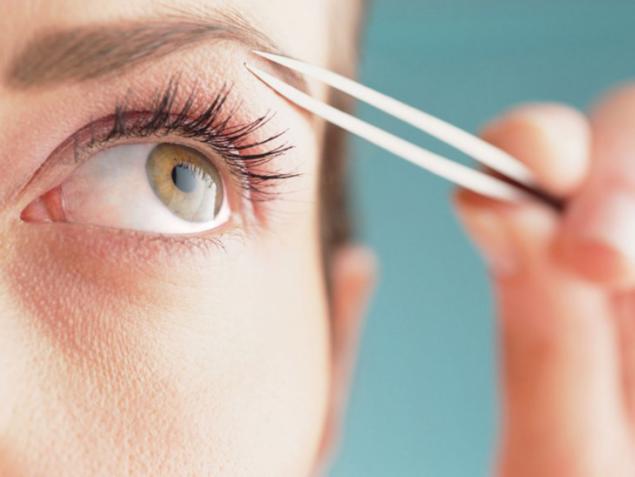
via factroom.ru

2. The family members take a bath without changing the water, one after another, until all pomoyut.
3. clothes to wash 2-3 times a year with the help of urine and alkalis.

4. In the Middle Ages the urine often used as a cosmetic product, for example, for washing.

5. instead of toilet paper used leaves, rags or anything.

6. All that falls on the floor, do not clean up, and being abandoned armfuls of fresh hay. When the hay was beginning to decay, it ... just threw fresh armfuls.

7. The bugs were constant companions most restless nights. To get rid of the bugs, it was necessary to replace all the furniture in the house, and this, most people do not have the money.

8. In medieval Europe, it was decided to mask the odors of flowers and perfume, instead of bring purity. The same applies to personal hygiene.

9. To lay lush and complex hairstyles ladies used goose fat - the perfect breeding ground for parasites.

10. In a period in vogue artificial eyebrows, which were made of mouse pelts and stuck to the face.

via factroom.ru
10 scientific evidence of ghosts, poltergeists, visions, mediums, ghosts and other evil spirits
"Baby, let's fool around!" 15 facts about kryshesnosnyh Rufer

